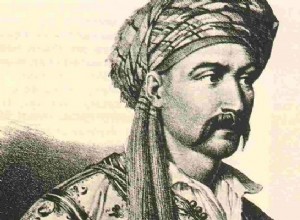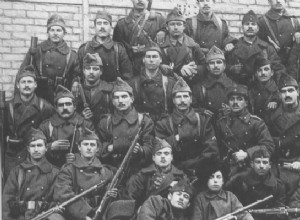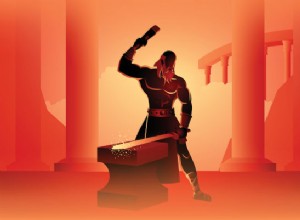The memorial service in memory of Nikitas Stamatelopoulos or Nikitaras was held in Chiliomodi, Corinthia. As stated by the Deputy Minister of Development and Investments Christos Dimas in his post on social media: Honor and glory to the heroes of 1821. Today, as every year, a memorial service w




